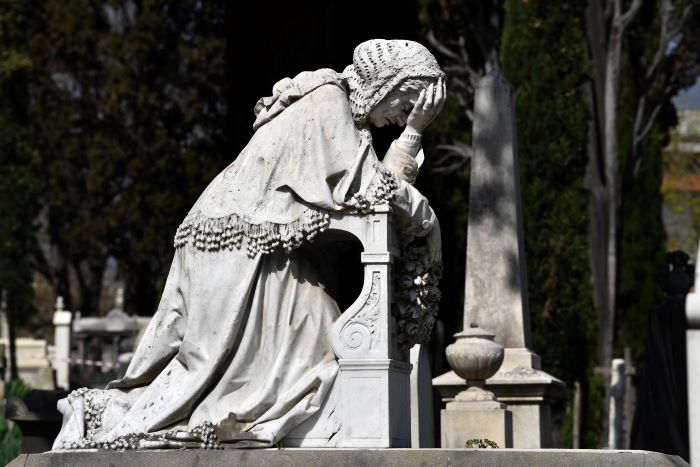Christianity – An Unsteady Beginning
“For we ought not to be contentious; neither has he (Christ) desired us to be imitators of wicked men,
but he exhorted us to lead all men by patience and gentleness, from shame and the love of evil.”
Justin Martyr ‘Apologies’ c. 155
Christianity – An unsteady beginning – Part 1
“And when they had driven him out of the city, they began stoning him, and the witnesses laid aside their robes at the feet of a young man named Saul. And they went on stoning Stephen as he called upon the Lord and said, “Lord Jesus receive my spirit!” and falling on his knees, he cried out with a loud voice, “Lord, do not hold this sin against them!” And having said this, he fell asleep”.

Those words found in the Book of Acts 7:58-60 tell of the first recorded martyrdom of a follower of Jesus. Within the next 30 years of the original Apostles, all but John (the beloved disciple), and Judas (who hung himself) died martyrs preaching the Gospel. They would not be the last to die, nor would their deaths be in vain.
From that humble and tragic start fifty days after the resurrection of Jesus, the teachings spread from the city of Jerusalem to Damascus in Syria, to Antioch, to Ephesus, to every corner of the empire, even the capital Rome. It would spread from a small, Jewish sect called ‘The Word’ to a powerful movement and the seeds planted would grow into the most dominant religion in the world.
One unlikely person would arise and play a key role in the spreading of the faith, Saul.
Saul, he who was an eager witness to Stephen’s death actively hunted and persecuted all followers of Jesus that he could find. While on a trip to capture and jail members of the sect in Damascus, he had an unexpected encounter with the Resurrected Jesus. That moment changed him so greatly that he became the driving force moving the teachings of Jesus and the importance of the Resurrection out of the synagogues only to the Greeks and other ‘pagans’.
He spread the message person to person, house by house, family by family, synagogue by synagogue, and town by town, providing a message of love and a new way of living. Through his efforts, the sect left the narrow confines of Judaism and found a home among Greeks, Romans, and Arabs; it found a home among the wealthy and slaves, among men and women.